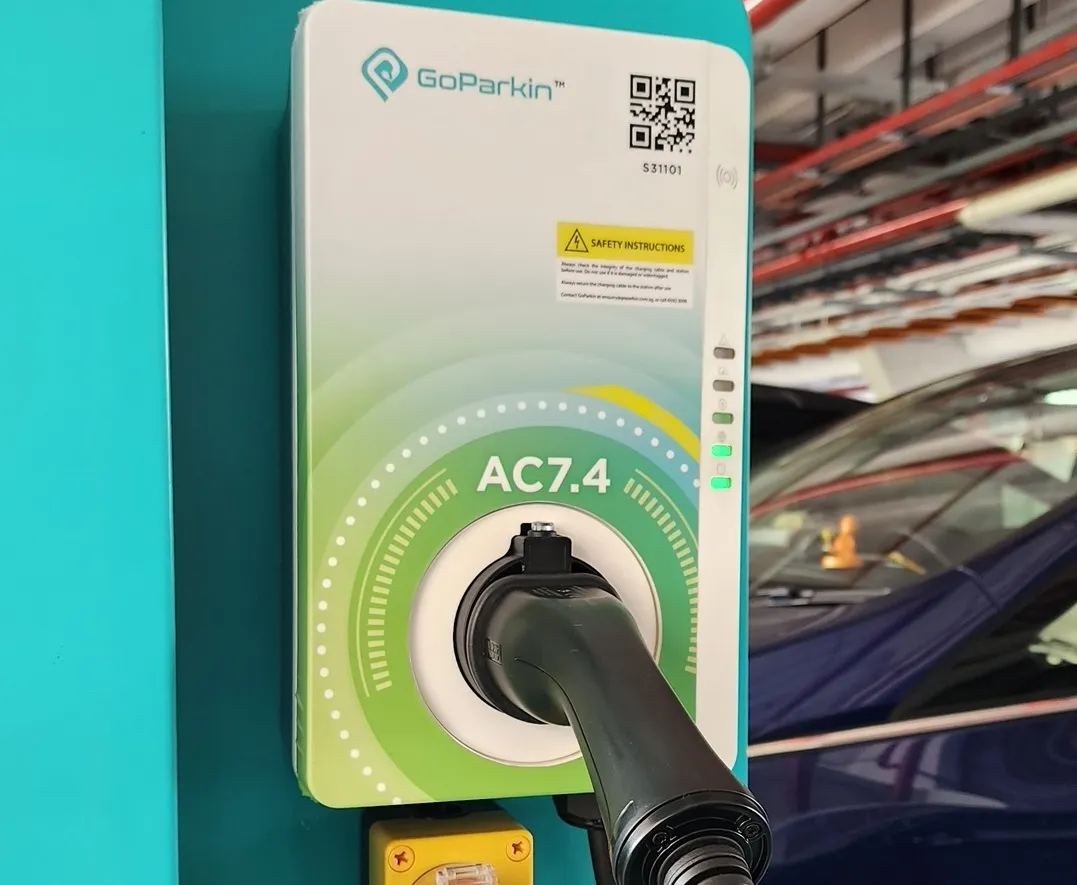US self-driving car software developer nuTonomy has launched a public trial of a self-driving taxi service in Singapore’s one-north business district, a 2.5 square mile business district, where the company has been conducting daily autonomous vehicle (AV) testing since April.
nuTonomy’s cars, a Renault Zoe or Mitsubishi i-MiEV specially configured for autonomous driving, will have an engineer from nuTonomy in the vehicle to observe system performance and assume control if needed to ensure passenger comfo
August 26, 2016
Read time: 2 mins
US self-driving car software developer nuTonomy has launched a public trial of a self-driving taxi service in Singapore’s one-north business district, a 2.5 square mile business district, where the company has been conducting daily autonomous vehicle (AV) testing since April.
nuTonomy’s cars, a Renault Zoe or Mitsubishi i-MiEV specially configured for autonomous driving, will have an engineer from nuTonomy in the vehicle to observe system performance and assume control if needed to ensure passenger comfort and safety.
Throughout the trial, nuTonomy will collect and evaluate valuable data related to software system performance, vehicle routing efficiency, the vehicle booking process, and the overall passenger experience. This data will enable nuTonomy to refine its software in preparation for the launch of a widely-available commercial self-driving taxi service in Singapore in 2018.
CEO and co-founder of nuTonomy, Karl Iagnemma, said, “nuTonomy’s first-in-the-world public trial is a direct reflection of the level of maturity that we have achieved with our AV software system. The trial represents an extraordinary opportunity to collect feedback from riders in a real-world setting, and this feedback will give nuTonomy a unique advantage as we work toward deployment of a self-driving vehicle fleet in 2018.”
nuTonomy’s cars, a Renault Zoe or Mitsubishi i-MiEV specially configured for autonomous driving, will have an engineer from nuTonomy in the vehicle to observe system performance and assume control if needed to ensure passenger comfort and safety.
Throughout the trial, nuTonomy will collect and evaluate valuable data related to software system performance, vehicle routing efficiency, the vehicle booking process, and the overall passenger experience. This data will enable nuTonomy to refine its software in preparation for the launch of a widely-available commercial self-driving taxi service in Singapore in 2018.
CEO and co-founder of nuTonomy, Karl Iagnemma, said, “nuTonomy’s first-in-the-world public trial is a direct reflection of the level of maturity that we have achieved with our AV software system. The trial represents an extraordinary opportunity to collect feedback from riders in a real-world setting, and this feedback will give nuTonomy a unique advantage as we work toward deployment of a self-driving vehicle fleet in 2018.”









